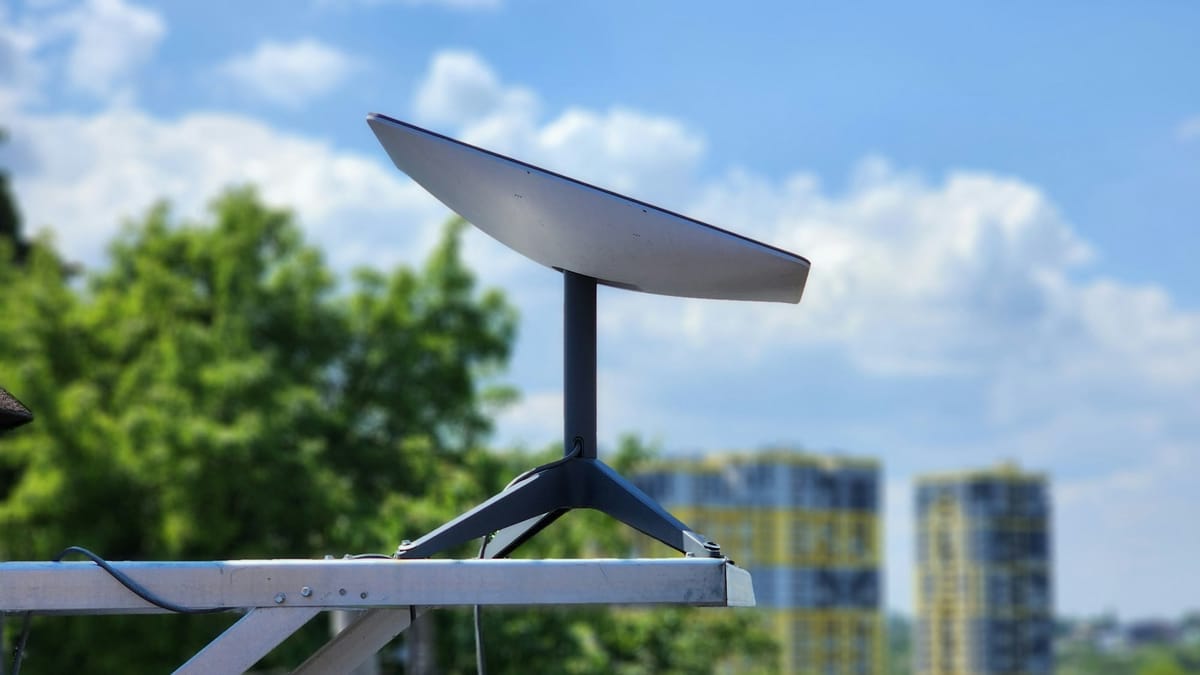Nigeria's telecom sector faces a severe crisis with a 29% subscriber loss
Globacom suffering the most, losing over 40 million subscribers—about 69% of its user base in Q3 2024.
The Nigerian telecommunications industry has been having things rough recently. Reports from multiple sources show that the entire industry took a massive hit in 2024 with the total market subscribers dipping 29.37% from 219,304,281 in Q1 to 154,904,827 in Q3.
This decline wasn’t evenly distributed, with Globacom suffering the most, losing over 40 million subscribers—about 69% of its user base in Q3 2024. Airtel Nigeria followed, recording a loss of 9.6 million subscribers, which marks a 15% drop from 63.4 million to 53.7 million.
MTN, while not as severely affected, still saw a 0.9% dip in its subscriber base, bringing it down to 77 million and maintaining a 50.5% market share. However, MTN did report a 5% increase in active users, raising the total to 45.3 million.
Meanwhile, 9mobile’s market share dwindled to 2.35% after losing over 8 million subscribers, dropping from 11.7 million to 3.64 million.
So far, the key event being cited as the cause of this overall downturn is the National Identification Number (NIN) verification exercise conducted by the Nigerian Communications Commission (NCC).
Starting in 2020, the NCC launched the NIN exercise, mandating that Nigerians link their NIN to their phone numbers. Noncompliance could result in phone numbers being blocked. While several grace periods have been offered since then, this year the NCC decided to take stricter action, issuing an ultimatum to mobile service providers to block non-compliant numbers by February 28, 2024.
When it was announced, some telecom giants expressed their concerns about the potential financial implications for their businesses. Airtel Nigeria projects that it could lose up to $4 million in monthly revenue. The company’s latest press release indicates that it has engaged approximately 4.9 million customers due to this.

While it raised concerns, other companies like MTN had already started to cut off customers who were defaulting, banning around 4.2 million unverified lines by February 28. MTN stated that this was mainly targeted at 'low-value' customers to help limit revenue losses.
The NCC regulation also restricts individuals to a maximum of four SIM cards linked to their NIN, which has contributed to some of these bans.
A report from Technology Times reveals that an unnamed mobile network operator pumped up its numbers in the national telecom database by around 40 million. The NCC pulled those figures, which explains the dip in total market subscribers this year a bit more.
All these, alongside the country's economic turmoil over the past year, contributed to this. Unfortunately, the economic situation has affected other service providers too. Recently, international satellite internet provider Starlink announced it would be raising its prices for goods and services starting October 31, 2024, citing the country’s economic downturn as the reason.
As more citizens comply with the instructions laid by the NCC, this hit to the telecommunications industry, Glo in particular, could end up reversing with time as more Nigerians rush to get their SIMs verified to avoid problems in the future or to rectify bans on their mobile networks.








